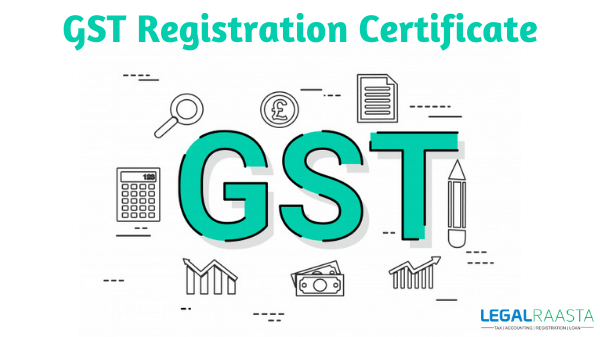The Ultimate Guide to Simplifying the GST Enrollment Process and Needs for Small Company Owners

Recognizing GST Fundamentals
To comprehend the fundamentals of the Item and Provider Tax (GST) system, small company proprietors need to first recognize its underlying implications and concepts. GST is a value-added tax imposed on the majority of products and solutions for domestic usage. It intends to enhance the tax procedure by changing numerous indirect taxes enforced by the state and central federal governments. Under the GST regimen, organizations are needed to collect and register tax obligation on part of the federal government, ensuring openness and conformity.
Among the crucial principles of GST is input tax obligation credit report, which enables businesses to declare credit rating for taxes paid on their acquisitions. This mechanism prevents the cascading result of taxes and promotes performance in the tax system. Additionally, GST is a destination-based tax obligation, suggesting that the tax is imposed at the point of intake as opposed to the factor of beginning. This makes sure fair circulation of tax obligation earnings among states based upon where the products or solutions are eaten. Understanding these standard principles is important for small organization proprietors to browse the complexities of the GST system and make sure compliance with the legislation.
Eligibility Standards for Enrollment
Having developed a foundational understanding of GST concepts, small company proprietors have to currently satisfy specific eligibility standards to wage the enrollment process. In India, entities took part in the supply of items or solutions with a yearly aggregate turn over going beyond Rs. 40 lakhs (Rs. 10 lakhs for special group states) are required to sign up for GST. In addition, specific companies such as those involved in inter-state supply of goods, laid-back taxable individuals, and those needed to pay tax under the reverse cost mechanism should sign up for GST irrespective of their turn over. Furthermore, businesses that were registered under the previous tax regimen (BARREL, service tax, and so on) are additionally mandated to sign up under GST. Farming companies that just supply generate out of main manufacturing are exempt from GST registration. It is critical for entrepreneur to thoroughly analyze their eligibility based upon these criteria to ensure conformity with the legislation and stay clear of any fines for non-compliance.
Papers Required for GST Registration

Simplified Registration Refine Steps
Tips for Ensuring Conformity
To preserve regulatory adherence and operational integrity, diligent oversight and aggressive actions are pivotal in guaranteeing compliance with GST needs for small company proprietors. Local business proprietors must stay updated with GST laws, filing deadlines, and any kind of modifications in tax rates to avoid charges and maintain an excellent standing with tax obligation authorities. One crucial tip for conformity is to maintain accurate and thorough records of all transactions, consisting of expenses, invoices, and billings connected to GST. Frequently reconciling monetary records with GST returns can aid in identifying and fixing any type of disparities quickly. In addition, conducting regular inner audits or looking for expert aid can guarantee that the organization is following all GST guidelines appropriately. It is also vital for little service proprietors to buy GST-compliant accountancy software that can streamline the tax declaring process and lessen mistakes. Last but not least, attending GST understanding workshops or index training programs can boost understanding and conformity with GST regulations, ultimately benefiting the company in the future.
Verdict
In final thought, little company owners have to recognize the fundamentals of GST, meet the eligibility requirements, gather necessary records, and comply with the simplified enrollment procedure steps to guarantee conformity. By simplifying the GST registration procedure and requirements, small company owners can avoid charges and run their companies efficiently within the lawful structure - Singapore GST Registration. It is critical for local business proprietors to stay certified and informed with GST regulations to preserve a successful service operation
Tiny business proprietors seeking GST enrollment must guarantee they gather and send the necessary papers to complete the enrollment procedure successfully. The papers required for GST registration typically consist of evidence of company enrollment or incorporation, PAN (Long-term Account Number) card of the business entity, address and identification proof of the promoters/partners/directors, pictures, address proof of the location of business, bank account declarations or terminated cheques, and authorization types. Going to GST recognition workshops or training programs can enhance understanding and compliance with GST laws, ultimately benefiting the service in the lengthy run.
By simplifying the GST registration process and demands, tiny business owners can prevent charges and run their businesses smoothly within the legal framework. It is vital for tiny business proprietors to stay compliant and educated with GST guidelines to keep an effective organization operation.
Comments on “Step-by-Step Process for Singapore GST Registration Explained”